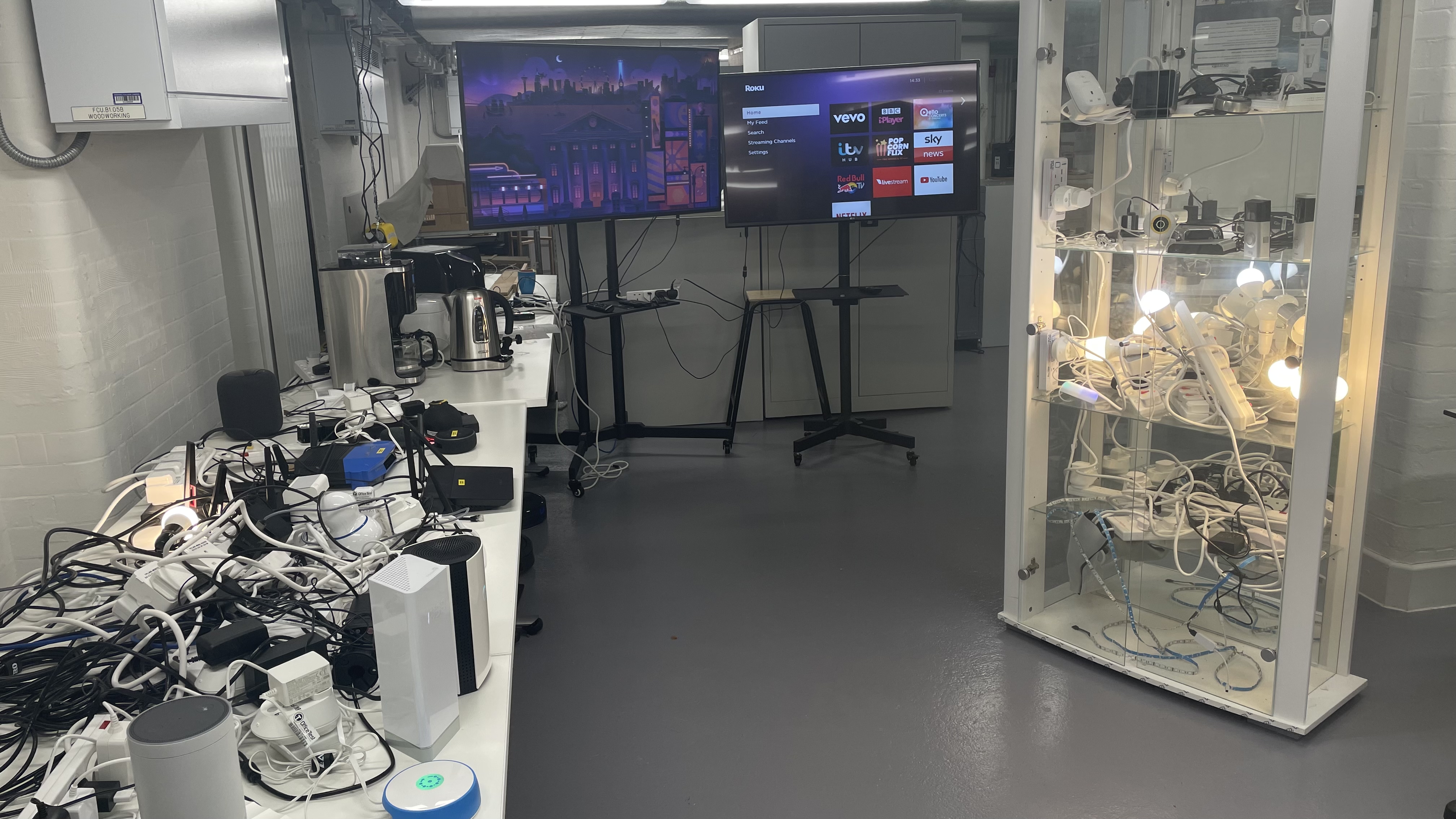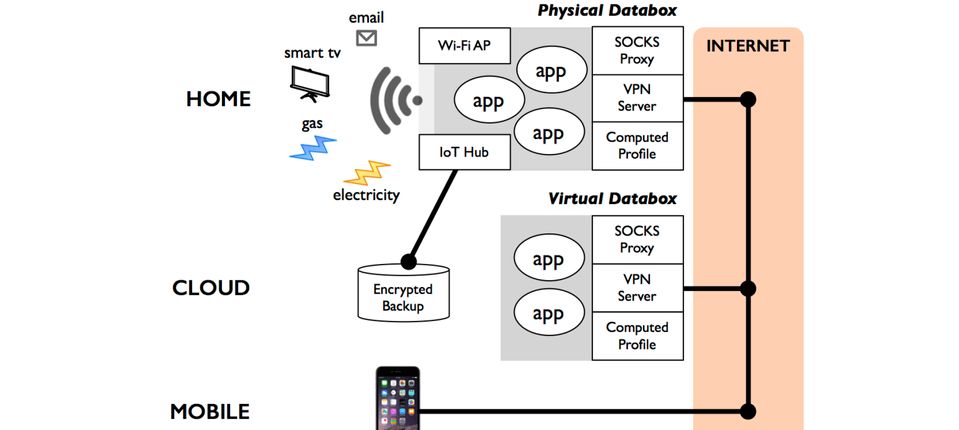Imperial College London
Networks and Systems Lab
EPSRC Open Plus Fellowship 2022-2027
EPSRC Open Plus Fellowship (EP/W005271/1: Securing the Next Billion Consumer Devices on the Edge, £1.5m, 2022-2027)

Vision: In this fellowship, we aim to address a major challenge in the adoption of user-centred privacy-enhancing technologies: Can we leverage novel architectures to provide private, trusted, personalised, and dynamically- configurable models on consumer devices to cater for heterogenous environments and user requirements? Importantly, such properties must provide assurances for the data integrity and model authenticity/trustworthiness, while respecting the privacy of the individuals taking part in training and improving such models. Innovation and adoption in this space require collaborations between device manufacturers, platform providers, network operators, regulators, and the users. The objectives of this fellowship will take us far beyond the status-quo, one-size-fits-all solutions, providing a framework for personalised, trustworthy, and confidential edge computing, with ability to respect dynamic policies, in particular when dealing with sensitive models and data from the consumer Internet of Things (IoT) devices.
EPSRC SPRITE+ 2: The Security, Privacy, Identity and Trust Engagement Networkplus
EPSRC SPRITE+ 2: The Security, Privacy, Identity and Trust Engagement Networkplus (EP/W005271/1: SPRITE+ 2: The Security, Privacy, Identity and Trust Engagement Networkplus (phase 2)., £2.7m, 2023-2027)
![]()
SPRITE+ is a vehicle for communication, engagement, and collaboration for people involved in research, practice, and policy relevant to TIPS in digital contexts. Since launching in 2019, we have established ourselves as the go-to point of contact to engage with the broadest UK network of interdisciplinary, cross-sector digital TIPS experts. The second phase of SPRITE+ ('SPRITE+2') will continue to build our membership, whilst expanding the breadth and depth of our innovation, and deepen our impact through proactive engagement.
EU CHIST-ERA GRAPHS4SEC
EU CHIST-ERA GNNs for Network Security and Privacy GRAPHS4SEC (EP/Y036050/1: GNNs for Network Security (and Privacy) GRAPHS4SEC, £326k, 2024-2027)
The goal of GRAPHS4SEC is to leverage graph data representations and modern GNN technology to conceive a new breed of robust GNN-based network security methods which could radically advance the AI4SEC practice. The objectives of GRAPHS4SEC are: (a) to investigate algorithmic methods that facilitate modeling and learning from graph-based network security data; (b) to compare the benefits and overheads of GNN-based AI4SEC to traditional AI/ML in terms of detection performance, generalization, scalability, and robustness against adversarial attacks; (c) to showcase the benefits and improvements of GRAPHS4SEC technology in four critical, real-world network security applications with significant impact for society, considering (in particular) the detection and early mitigation of phishing and fake/malicious websites, a threat among the most popular and society-wide harmful in today's Internet.
InnovateUK Cyber Security Academic Startup Accelerator Programme 2023
InnovateUK Cyber Security Academic Startup Accelerator Programme (CyberASAP) grant, supporting our efforts to accelerate IoT Security via IoTrim
Consumer IoT devices come with convenient services. However, since there are few strict privacy/security regulations and standards in the IoT context, device abuse is increasingly becoming a major privacy/security issue for consumers worldwide. IoTrim, automatically monitors and blocks non-essential network activities, and identifies IoT devices’ information exposure and security threats, using privacy-preserving AI techniques to build insights and behavioral models from devices. IoTrim components run on the home router, and can be controlled through a smartphone app, a computer or the user’s voice (It offers easy-to-use, plug and play protection).
Amazon Research Award 2022-2023: "Auditable Model Privacy using TEEs"

We aim to address a major challenge in the adoption of user-centred privacy-enhancing technologies: Can we leverage novel architectures to provide private, trusted, personalised, and dynamically- configurable models on consumer devices to cater for heterogeneous environments and user requirements? Importantly, such properties must provide assurances for the data integrity and model authenticity/trustworthiness, while respecting the privacy of the individuals taking part in training and improving such models. Innovation and adoption in this space require collaborations between device manufacturers, platform providers, network operators, regulators, and the users. The objectives of this proposal will take us far beyond the status-quo, one-size-fits-all solutions, providing a framework for personalised, trustworthy, and confidential edge computing, with ability to respect dynamic policies, in particular when dealing with sensitive models and data from the consumer Internet of Things (IoT) devices.